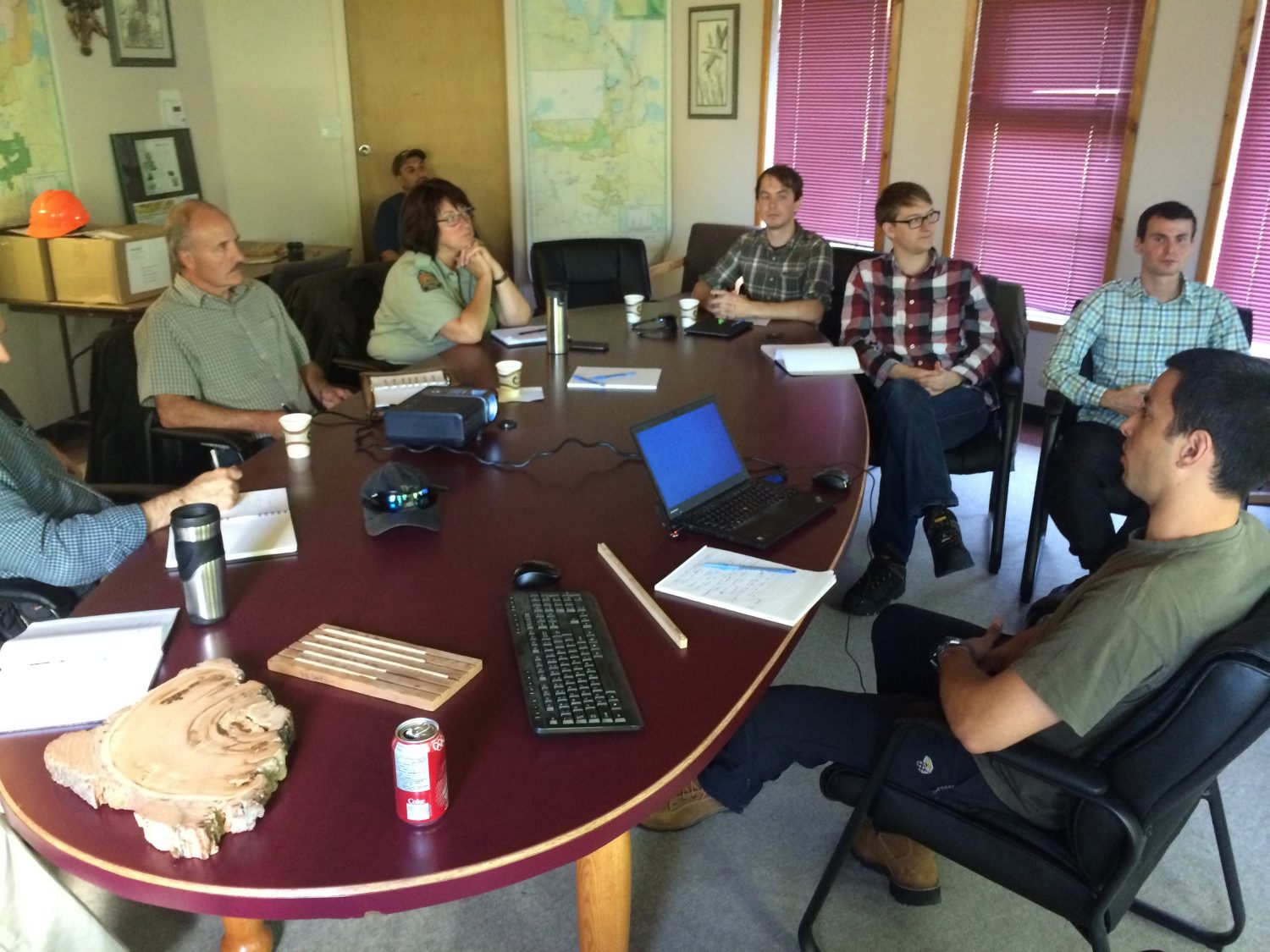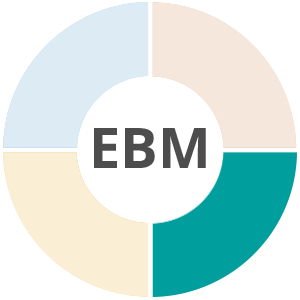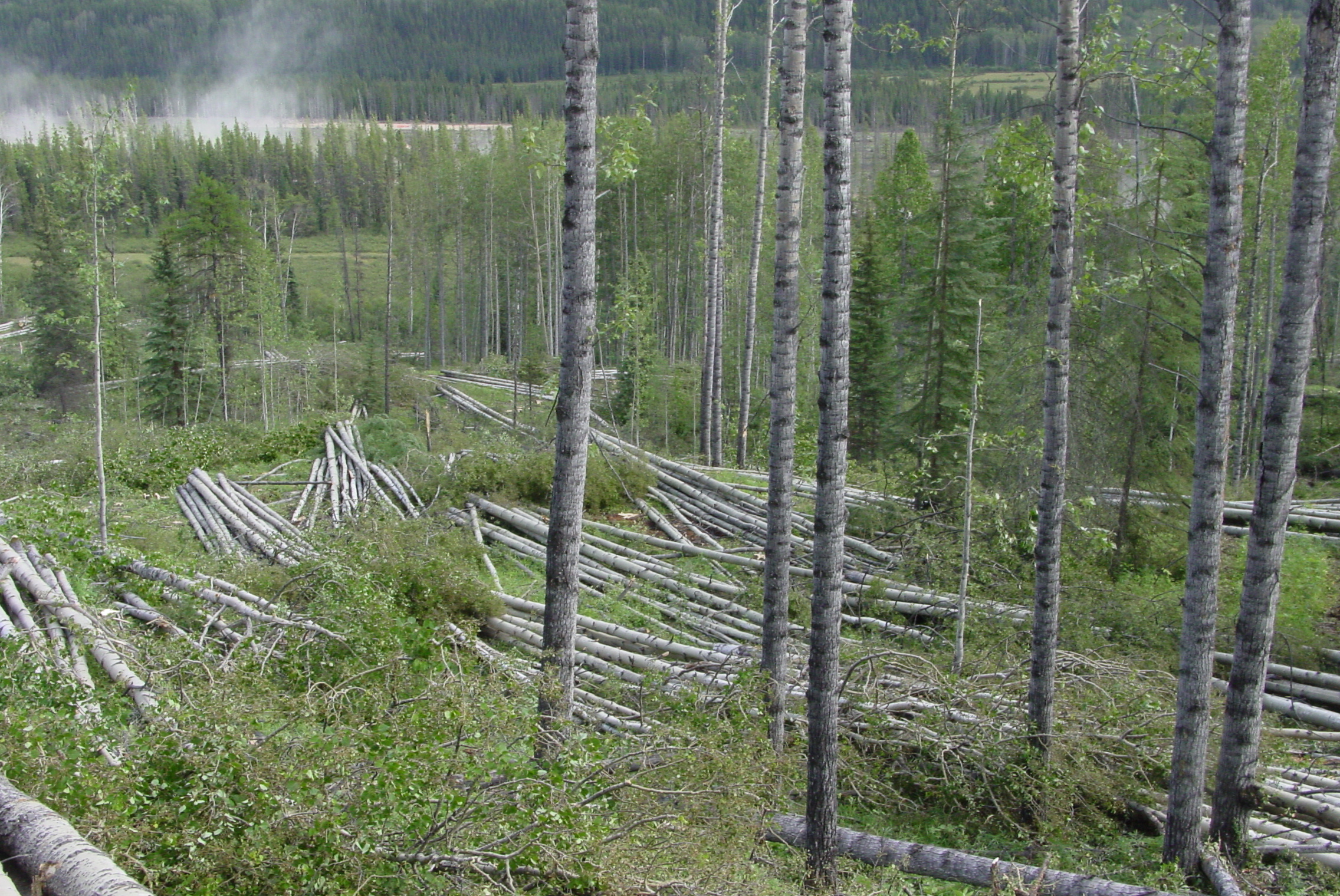The 'Knowledge Acquisition' Journey
Challenges &
Opportunities to EBM
Knowledge Acquisition
Programs such as inventories, studies, demonstrations and operational trials all add knowledge for EBM. Indigenous and western traditional oral knowledge adds a deeper understanding of ecosystem interactions. While much of this is publicly available, significant amounts are proprietary which poses a challenge for integrated, EBM planning.
The opportunity is to coordinate multi-sectoral research. Currently, knowledge generation is an ad hoc process driven by funding, issues, sectoral priorities, regulation, and individual interest. Ecological patterns are foremost and human activities are only one aspect of landscape patterns. The opportunity to create a consensus approach arises from an EBM outcome where information on ecosystems drives knowledge gathering, not industry impacts.

Photo credit: David Andison
The EBM Journey
The journey is the process of supporting and sharing knowledge that will allow us to shift current forestry management towards EBM
case studies?
Landscapes Program?

